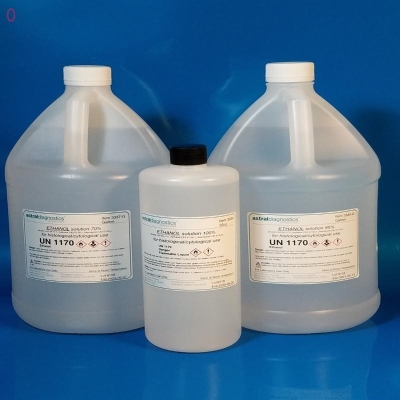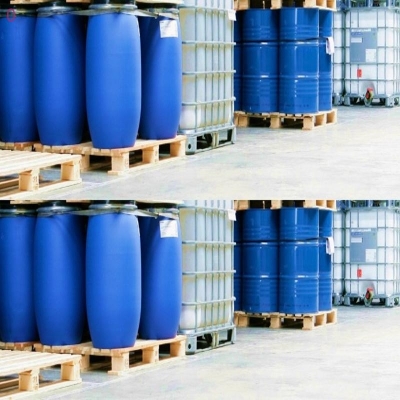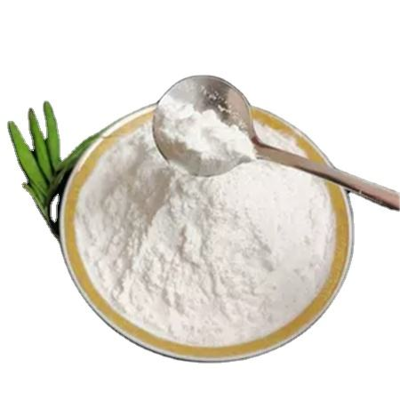-
Categories
-
Pharmaceutical Intermediates
-
Active Pharmaceutical Ingredients
-
Food Additives
- Industrial Coatings
- Agrochemicals
- Dyes and Pigments
- Surfactant
- Flavors and Fragrances
- Chemical Reagents
- Catalyst and Auxiliary
- Natural Products
- Inorganic Chemistry
-
Organic Chemistry
-
Biochemical Engineering
- Analytical Chemistry
- Cosmetic Ingredient
-
Pharmaceutical Intermediates
Promotion
ECHEMI Mall
Wholesale
Weekly Price
Exhibition
News
-
Trade Service
Recently, the US Environmental Protection Agency (US EPA) published a proposed decision on Pentachloronitrobenzene (PCNB), recommending that all registrations
of the pesticide be canceled.
The decision is open for public comment and ends on November 22
.
Pentozenebenzene (PCNB) · Background
PCNB (pentachloronitrobenzene, hereinafter referred to as PCNB) is an organochlorine broad-spectrum contact fungicide, and its bactericidal mechanism is to competitively inhibit inositol, thereby reducing the hyphae growth
of fungi.
PCNB has a good control effect on soil-borne diseases caused by a range of fungal genera, including Rhizoctonia, Sclerotinia and Typhula, in agricultural and non-agricultural environments
.
Among them, agricultural land includes broccoli, cabbage, kale, potatoes and other vegetable crops
.
Non-agricultural use sites include turf on golf courses, sports fields, industrial parks, turf farms, flowering bulbs and other ornamental plants
.
PCNB WAS FIRST REGISTERED IN THE UNITED STATES IN 1964, AND CURRENTLY ONLY AMVAC CHEMICAL CORPORATION AND LOVELAND PRODUCTS, INC.
ARE REGISTERED IN THE U.
S.
EPA, 6 VALID REGISTERED PRODUCTS, AND A TOTAL OF 382 CANCELLED REGISTRATION CERTIFICATES, WHICH SHOWS THAT PCNB HAS ALSO HAD A GLORIOUS HISTORY
SINCE ITS INCEPTION IN THE UNITED STATES.
With the development of science and technology, as well as the disadvantages of safe use of PCNB and the emergence of alternative products, Australia, Canada, New Zealand and the European Union have introduced relevant prohibition measures
.
Considering the safety of PCNB and the current benefits of using PCNB, the U.
S.
EPA recommends canceling all PCNB registrations, a resolution in
line with the above pesticide regulatory agencies.
Pentozenylbenzene (PCNB) ・ Reasons for banning
Under the Federal Insecticides, Fungicides, and Rodenticides Act (FIFRA), the U.
S.
EPA is required to re-evaluate
registered pesticides every 15 years.
In 2021, the U.
S.
EPA assessed the risks of PCNB in the ecological environment and human health environment, as follows:
❶ Ecological risks
➤ Risks to fish, amphibians, aquatic invertebrates, aquatic plants, birds, reptiles, mammals and bees identified;
➤ Based on environmental attribution and transport properties, it can be determined that PCNB and its degradants persist in the environment and pose a risk
of bioaccumulation to organisms in the aquatic food chain.
➤ In addition, residues of PCNB have been found in soil, plants, air, water and animals far from the area of use
.
❷ Human health risks
➤ Based on adverse effects on the thyroid gland, the potential non-carcinogenic risk of exposure to PCNB was identified, including bystanders exposed to PCNB due to spray drift and users due to direct application at universities and professional sports fields;
➤ When used on crops such as flowering bulbs and woody ornamental plants, the risk of exposure of occupational applicators to PCNB during and after application was determined;
➤ Impurities in PCNB drugs and manufacturing products are also associated
with potential human health risks.
Based on the significant ecological risks and human health hazards caused by the above PCNB, the U.
S.
EPA recommends canceling all registrations
of PCNB.
Pentozenebenzene (PCNB) as an alternative
The U.
S.
EPA worked with U.
S.
Department of Agriculture and Industry stakeholders to identify viable fungicide alternatives, including azoxystrobin, pyraclostrobin, pentazole, propiconazole, and others
.
The U.
S.
EPA discussed these alternatives
in its June 2022 PCNB benefit evaluation memorandum.
In addition, crop rotation and Bacillus subtillus biopesticides are also alternatives
to PCNB for the control of some target pests.
After considering public comments, U.
S.
EPA makes a final decision to initiate proceedings to deregister pesticide products containing PCNB pursuant to Section 6(b) of FIFRA
.







